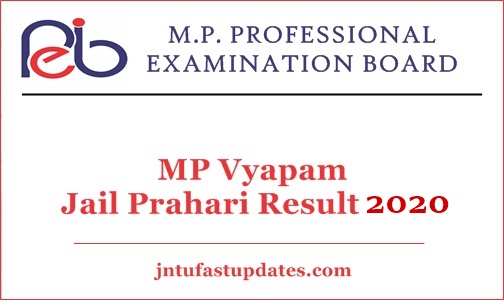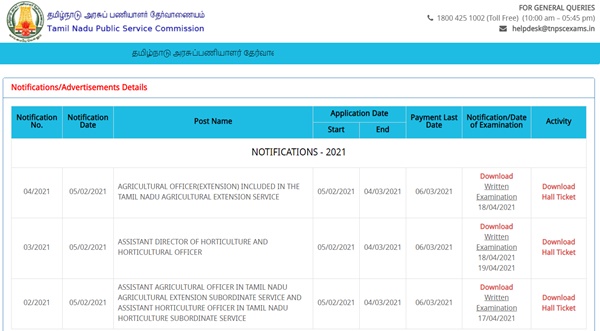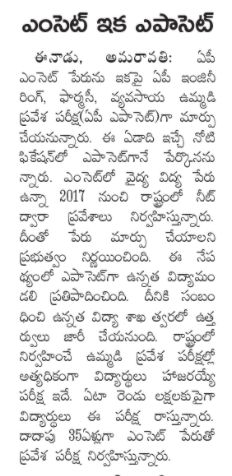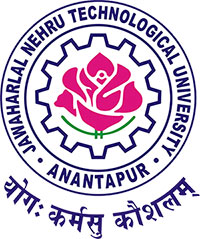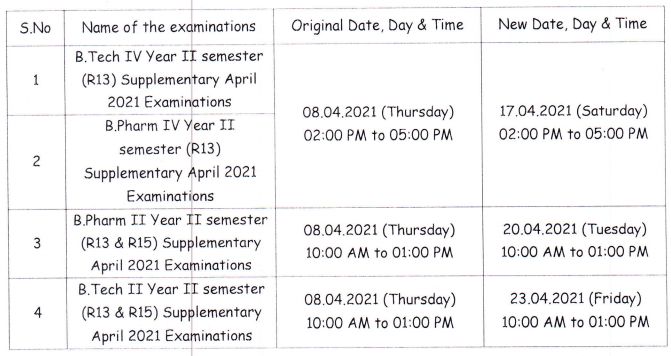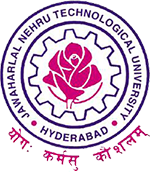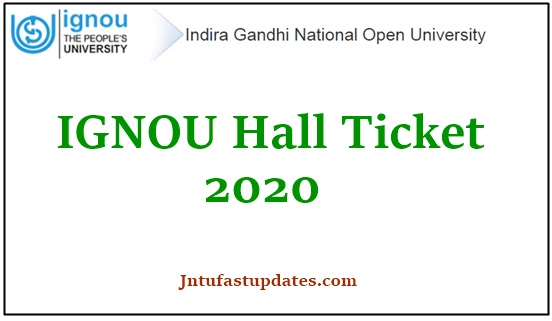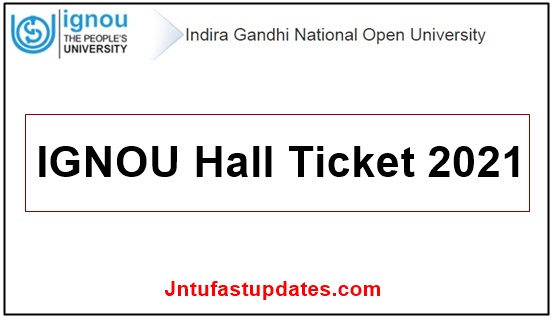JNTUK R20 1-1 English Material/Notes PDF Download
Students those who are studying JNTUK R20 Civil, CSE, ECE, EEE, IT, MECH Branches, Can Download Unit wise R20 1-1 English Material/Notes PDFs below.
JNTUK R20 1-1 English Material/Notes PDF Download
Introduction: The course is designed to train students in receptive (listening and reading) as well as productive and interactive (speaking and writing) skills by incorporating a comprehensive, coherent and integrated approach that improves the learners’ ability to effectively use English language in academic/ workplace contexts. The shift is from learning about the language to using the language. On successful completion of the compulsory English language course/s in B.Tech., learners would be confident of appearing for international language qualification/proficiency tests such as IELTS, TOEFL, or BEC, besides being able to express themselves clearly in speech and competently handle the writing tasks and verbal ability component of campus placement tests. Activity based teaching-learning methods would be adopted to ensure that learners would engage in actual use of language both in the classroom and laboratory sessions.
OBJECTIVES:
- Facilitate effective listening skills for better comprehension of academic lectures and English spoken by native speakers
- Focus on appropriate reading strategies for comprehension of various academic texts and authentic materials
- Help improve speaking skills through participation in activities such as role plays, discussions and structured talks/oral presentations
- Impart effective strategies for good writing and demonstrate the same in summarizing, writing well organized essays, record and report useful information
- Provide knowledge of grammatical structures and vocabulary and encourage their appropriate use in speech and writing
NOTE:
- 1. Reference-2 Material Added.
UNIT-1
Lesson-1: A Drawer full of happiness from “Infotech English”, Maruthi Publications
Lesson-2: Deliverance by Premchand from “The Individual Society”, Pearson Publications. (Non-detailed)
Listening: Listening to short audio texts and identifying the topic. Listening to short audio texts and identifying the context and specific pieces of information to answer a series of questions both in speaking and writing.
Speaking: Asking and answering general questions on familiar topics such as home, family, work, studies and interests. Self introductions and introducing others.
Reading: Skimming text to get the main idea. Scanning to look for specific pieces of information.
Reading for Writing: Paragraph writing (specific topics) using suitable cohesive devices; linkers, sign posts and transition signals; mechanics of writing – punctuation, capital letters.
Vocabulary: Technical vocabulary from across technical branches (20) GRE Vocabulary (20) (Antonyms and Synonyms, Word applications) Verbal reasoning and sequencing of words.
Grammar: Content words and function words; word forms: verbs, nouns, adjectives and adverbs; nouns: countables and uncountables; singular and plural basic sentence structures; simple question form – wh-questions; word order in sentences.
Pronunciation: Vowels, Consonants, Plural markers and their realizations
Download UNIT-1 Material PDF | Reference-2
Unit 2:
Lesson-1: Nehru’s letter to his daughter Indira on her birthday from “Infotech English”, Maruthi Publications
Lesson-2: Bosom Friend by Hira Bansodefrom “The Individual Society”, Pearson Publications. (Nondetailed)
Listening: Answering a series of questions about main idea and supporting ideas after listening to audio texts, both in speaking and writing. Speaking: Discussion in pairs/ small groups on specific topics followed by short structured talks. Functional English: Greetings and leave takings. Reading: Identifying sequence of ideas; recognizing verbal techniques that help to link the ideas in a paragraph together. Reading for Writing: Summarizing – identifying main idea/s and rephrasing what is read; avoiding redundancies and repetitions. Vocabulary: Technical vocabulary from across technical branches (20 words). GRE Vocabulary Analogies (20 words) (Antonyms and Synonyms, Word applications) Grammar: Use of articles and zero article; prepositions. Pronunciation: Past tense markers, word stress-di-syllabic words
Download UNIT-2 Material PDF | Reference-2
Unit 3:
Lesson-1: Stephen Hawking-Positivity ‘Benchmark’ from “Infotech English”, Maruthi Publications
Lesson-2: Shakespeare’s Sister by Virginia Woolf from “The Individual Society”, Pearson Publications. (Non-detailed)
Listening: Listening for global comprehension and summarizing what is listened to, both in speaking and writing. Speaking: Discussing specific topics in pairs or small groups and reporting what is discussed. Functional English: Complaining and Apologizing. Reading: Reading a text in detail by making basic inferences – recognizing and interpreting specific context clues; strategies to use text clues for comprehension. Critical reading. Reading for Writing: Summarizing – identifying main idea/s and rephrasing what is read; avoiding redundancies and repetitions. Letter writing-types, format and principles of letter writing. E-mail etiquette, Writing CV’s. Vocabulary: Technical vocabulary from across technical branches (20 words). GRE Vocabulary (20 words) (Antonyms and Synonyms, Word applications) Association, sequencing of words Grammar: Verbs – tenses; subject-verb agreement; direct and indirect speech, reporting verbs for academic purposes. Pronunciation: word stress-poly-syllabic words
Download UNIT-3 Material PDF | Reference-2
Unit 4:
Lesson-1: Liking a Tree, Unbowed: Wangari Maathai-biography from “Infotech English”, Maruthi Publications
Lesson-2: Telephone Conversation-Wole Soyinka from “The Individual Society”, Pearson Publications. (Non-detailed)
Listening: Making predictions while listening to conversations/ transactional dialogues without video (only audio); listening to audio-visual texts. Speaking: Role plays for practice of conversational English in academic contexts (formal and informal) – asking for and giving information/directions. Functional English: Permissions, Requesting, Inviting. Reading: Studying the use of graphic elements in texts to convey information, reveal trends/patterns/relationships, communicative process or display complicated data. Reading for Writing: Information transfer; describe, compare, contrast, identify significance/trends based on information provided in figures/charts/graphs/tables. Writing SOP, writing for media. Vocabulary: Technical vocabulary from across technical branches (20 words) GRE Vocabulary (20 words) (Antonyms and Synonyms, Word applications) Cloze Encounters. Grammar: Quantifying expressions – adjectives and adverbs; comparing and contrasting; degrees of comparison; use of antonyms Pronunciation: Contrastive Stress
Download UNIT-4 Material PDF | Reference-2
Unit 5:
Lesson-1: Stay Hungry-Stay foolish from “Infotech English”, Maruthi Publications
Lesson-2: Still I Rise by Maya Angelou from “The Individual Society”, Pearson Publications. (Nondetailed)
Listening: Identifying key terms, understanding concepts and interpreting the concepts both in speaking and writing. Speaking: Formal oral presentations on topics from academic contexts – without the use of PPT slides. Functional English: Suggesting/Opinion giving. Reading: Reading for comprehension. RAP Strategy Intensive reading and Extensive reading techniques. Reading for Writing: Writing academic proposals- writing research articles: format and style. Vocabulary: Technical vocabulary from across technical branches (20 words) GRE Vocabulary (20 words) (Antonyms and Synonyms, Word applications) Coherence, matching emotions. Grammar: Editing short texts – identifying and correcting common errors in grammar and usage (articles, prepositions, tenses, subject verb agreement) Pronunciation: Stress in compound words
Download UNIT-5 Material PDF | Reference-2
TEXT BOOKS:
- “Infotech English”, Maruthi Publications. (Detailed)
- “The Individual Society”, Pearson Publications. (Non-detailed)
REFERENCE BOOKS:
- Bailey, Stephen. Academic writing: A handbook for international students. Routledge, 2014.
- Chase, Becky Tarver. Pathways: Listening, Speaking and Critical Thinking. Heinley ELT; 2nd Edition, 2018.
- Skillful Level 2 Reading & Writing Student’s Book Pack (B1) Macmillan Educational.
- Hewings, Martin. Cambridge Academic English (B2). CUP, 2012.
OUTCOMES:
- understand social or transactional dialogues spoken by native speakers of English and identify the context, topic, and pieces of specific information
- ask and answer general questions on familiar topics and introduce oneself / others
- employ suitable strategies for skimming and scanning to get the general idea of a text and locate specific information
- recognize paragraph structure and be able to match beginnings / endings / headings with paragraphs
- form sentences using proper grammatical structures and correct word forms
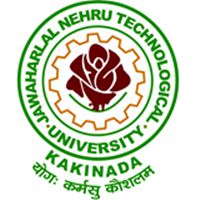

320-x100(1).gif)



